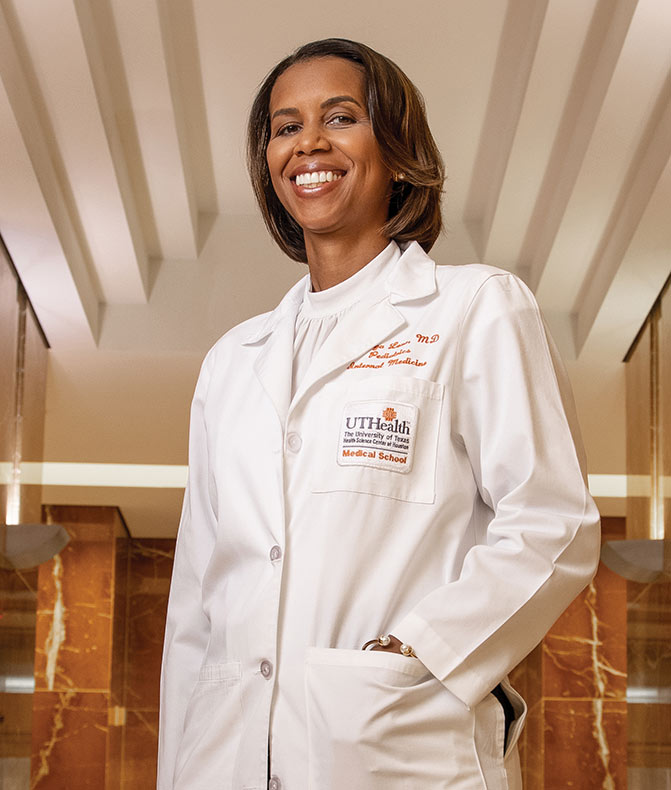Timeline
Established by the Texas Legislature in June 1969, the first class of 19 students entered in 1970. By 1979, class sizes of 200 were legislatively supported through state formula funding. From a new school with no buildings or students to one of the nation’s outstanding centers of academic medicine, the John P. and Kathrine G. McGovern Medical School at UTHealth Houston continues to develop into one of the leading centers of excellence devoted to medical education, research, quality patient care, and community outreach.
JANUARY – Original affiliation agreement is signed between the Hermann Hospital Estate and The University of Texas System Board of Regents, making Hermann Hospital the primary teaching facility for the proposed University of Texas Medical School at Houston.
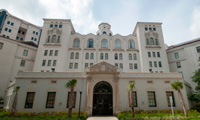
MAY – The Texas Legislature approves the UT Medical School at Houston.
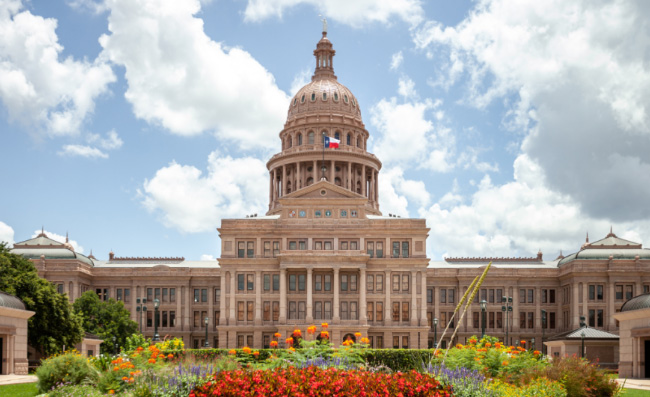
JUNE – Gov. Preston Smith signs House Bill 80 into law at Texas Medical Center ceremonies in the Sammons Auditorium of the Jesse H. Jones Library Building.
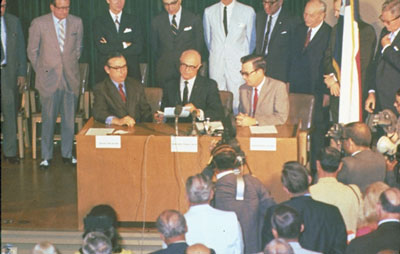
APRIL – Cheves McCord Smythe, MD, is appointed first dean of the new school.
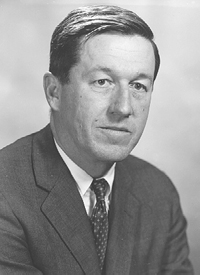
SEPTEMBER – The first class of 19 students is selected and enrolls at UT campuses in three cities.

JUNE – The first entering class of 32 students to complete all studies in Houston is welcomed at orientation.
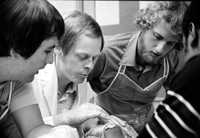
AUGUST – John H. Freeman Building construction begins.
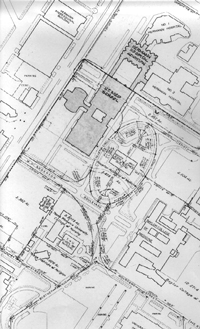
OCTOBER – George H.W. Bush, U.S. ambassador to the United Nations, dedicates the John H. Freeman Building.
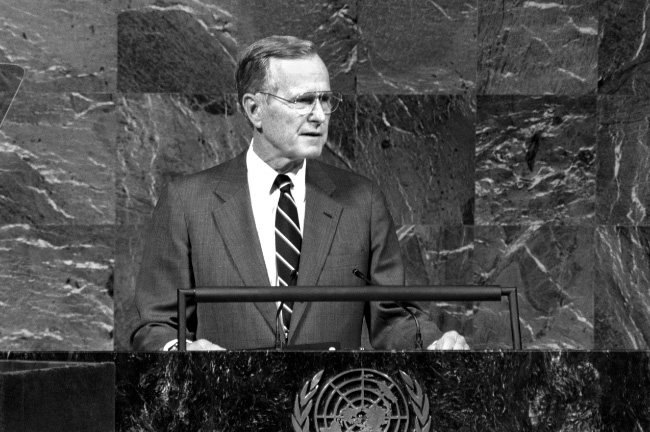
NOVEMBER – The Medical School joins The University of Texas Health Science Center at Houston organizational structure.
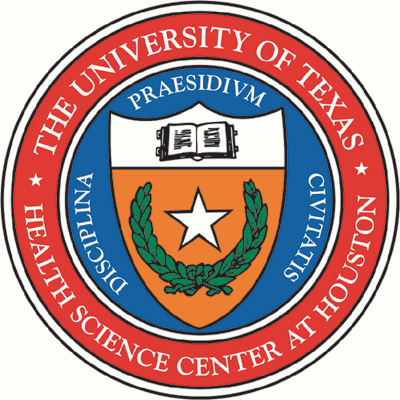
SEPTEMBER – Construction of Phase II (523,760 gross-sq. ft.) begins for the Medical School Building, connecting the Freeman Building with Hermann Hospital.

DECEMBER – The first class of 22 medical students graduates from the original class of 19 (includes three transfer students).
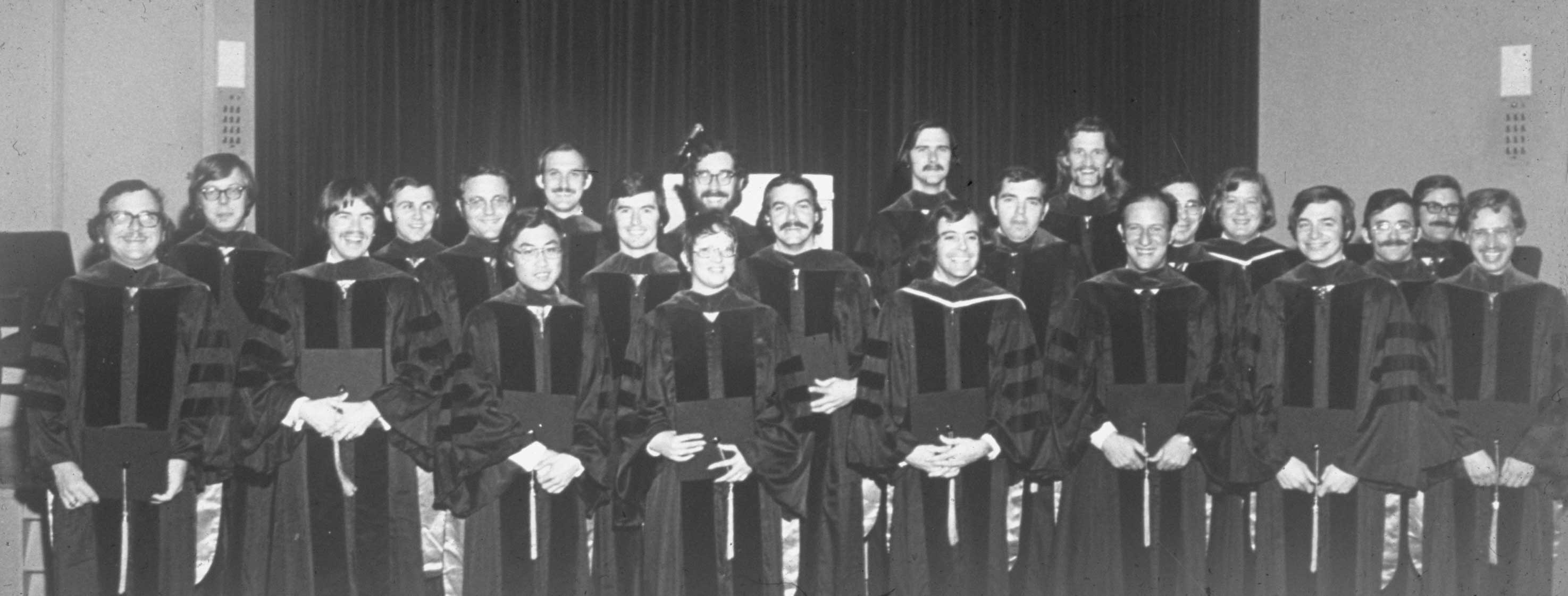
DECEMBER – Charles Berry, MD, is named the first president of The University of Texas Health Science Center at Houston.
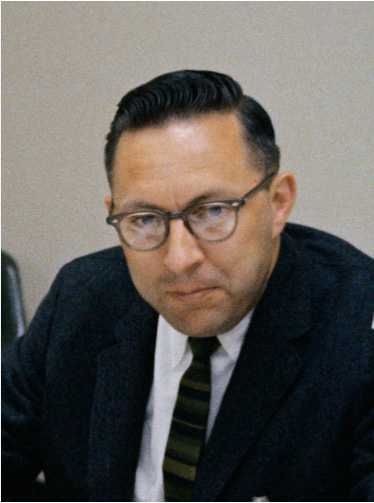
DECEMBER – Robert L. Tuttle, MD, is named dean of the UT Medical School at Houston.
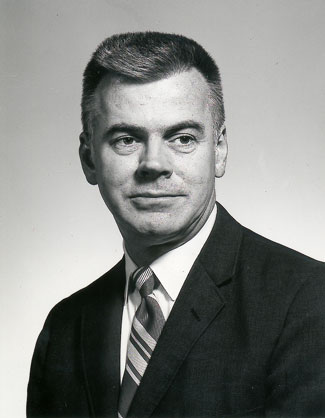
JUNE – The nearly completed Medical School Building, connecting the John H. Freeman Building and Hermann Hospital, is devastated by flood.
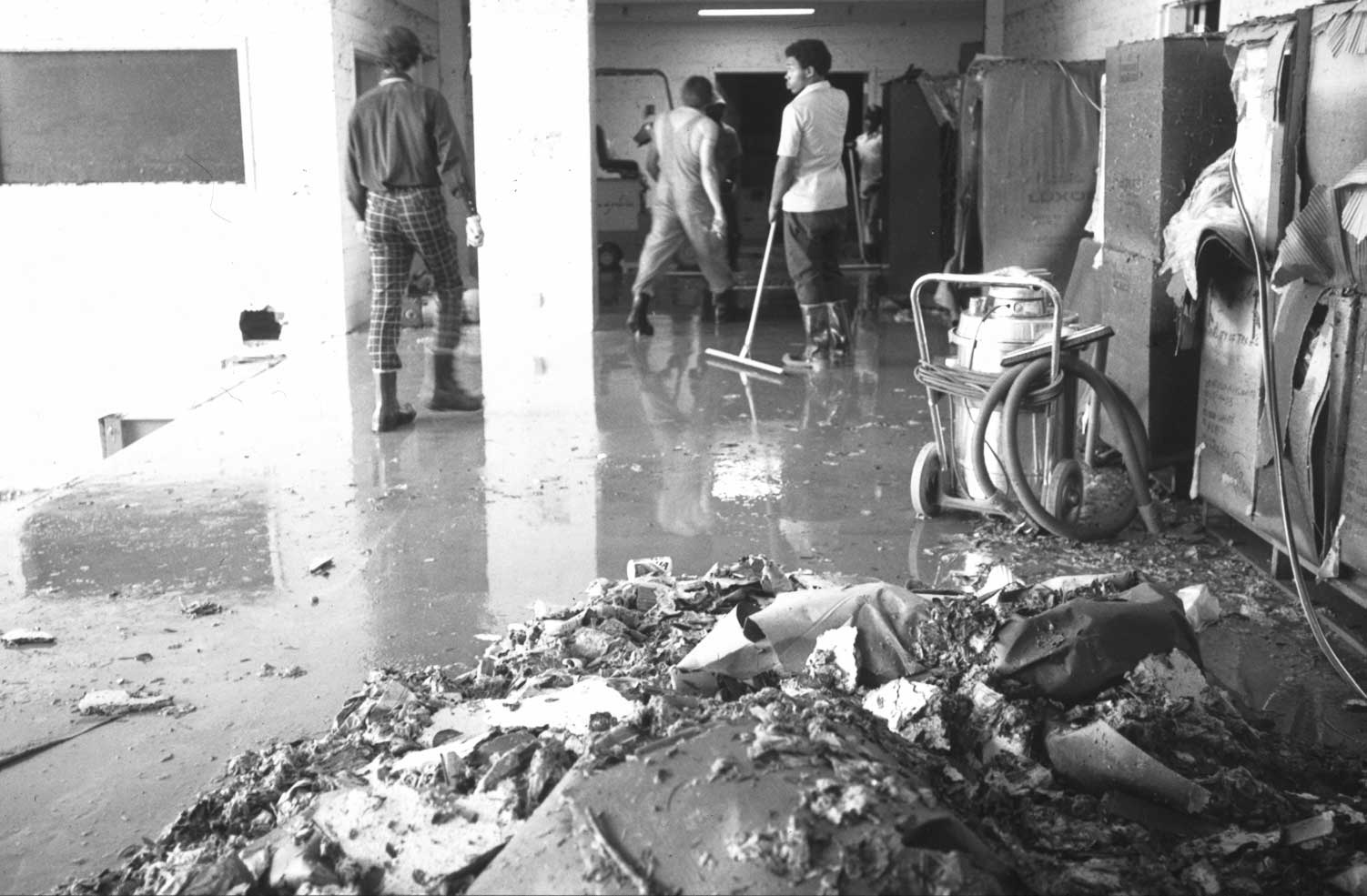
AUGUST – The first flight of Hermann Life Flight©.
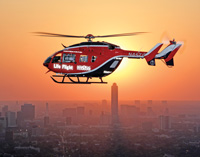
MARCH – Phase II construction of the Medical School Building is completed.
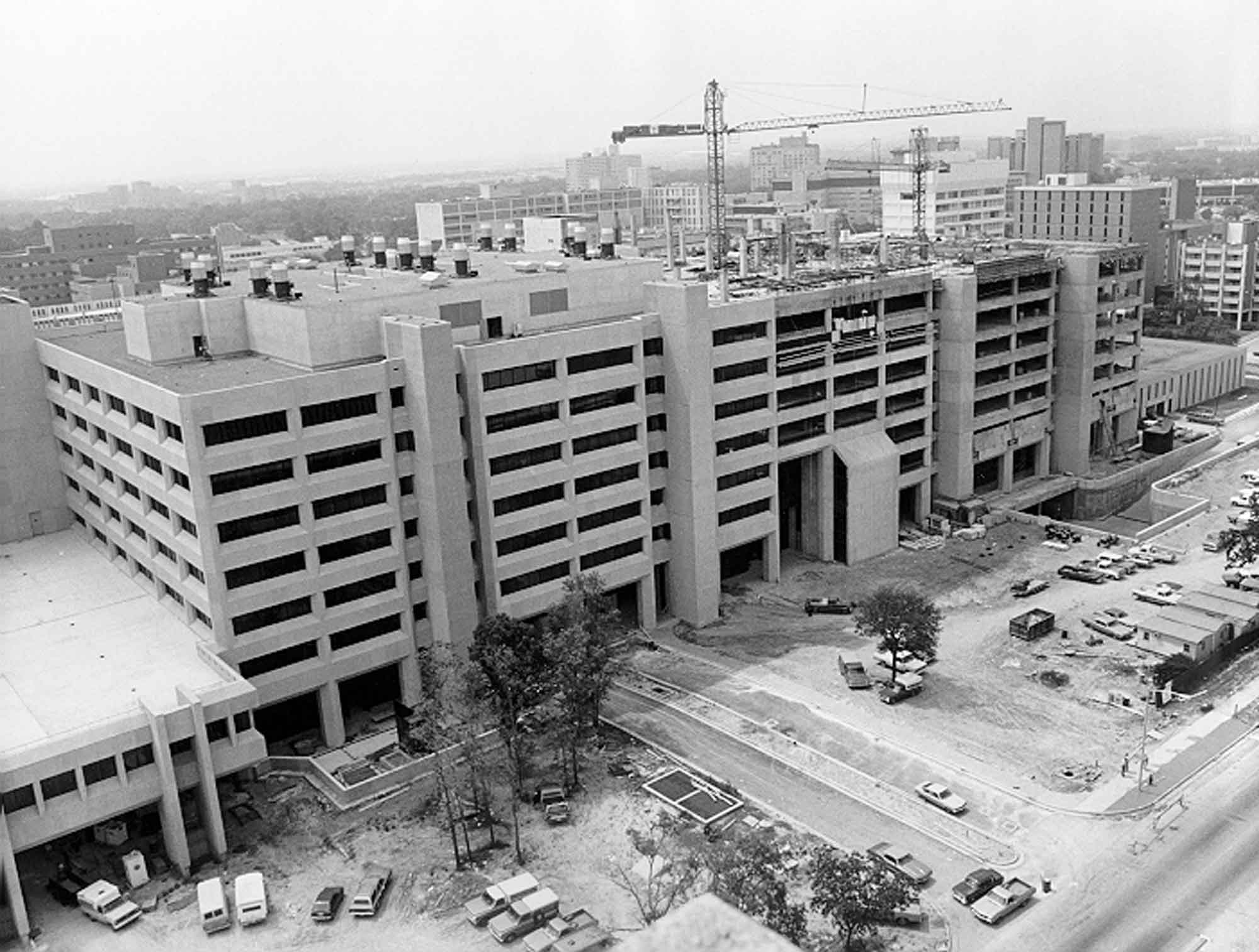
AUGUST – The first weekend orientation retreat for new students is hosted by second-year students.
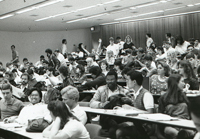
SEPTEMBER – The first four-year class admitted (150 students). The three-year curriculum is phased out with the graduation of the 1976 entering class.
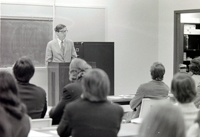
JUNE – Roger Bulger, MD, is named the second president of UT Health Science Center at Houston.
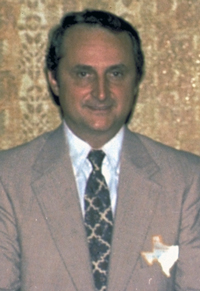
JUNE – Phase III construction of the Medical School Building (which began in 1975) is completed.

MAY – The first alumni day event is held.
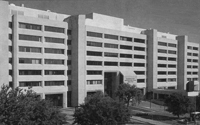
JUNE – Ernst Knobil, PhD, is named the third dean.
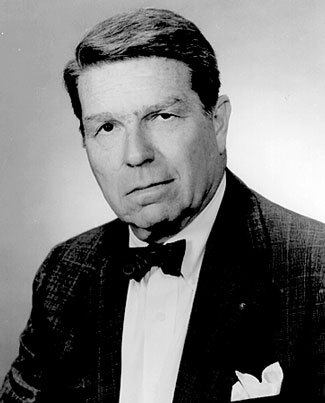
AUGUST – James “Red” Duke, Jr., MD, professor of surgery, airs the first televised program that would eventually evolve into an internationally syndicated health segment for television.
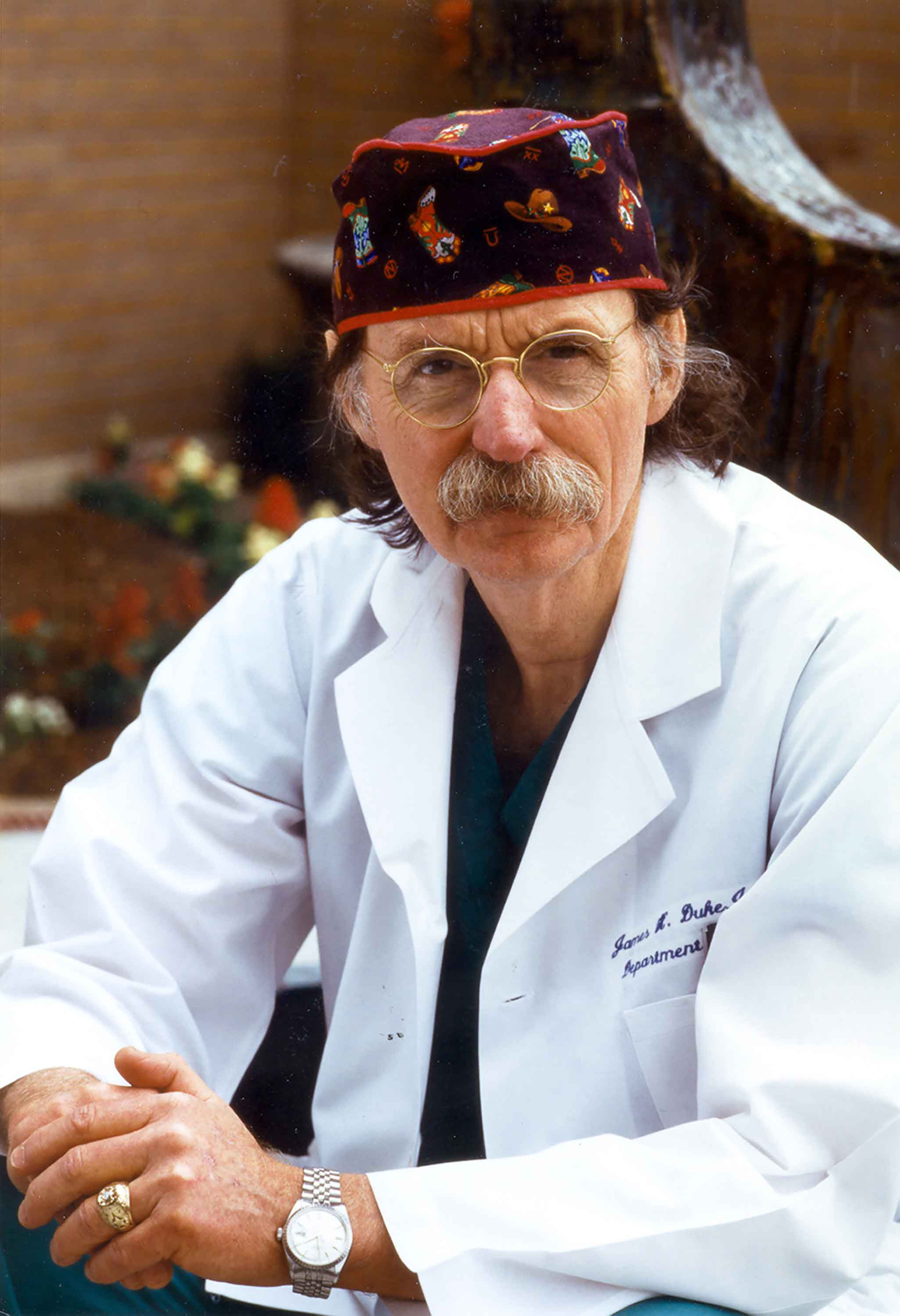
OCTOBER – The first issue of The Alumni Magazine is published.
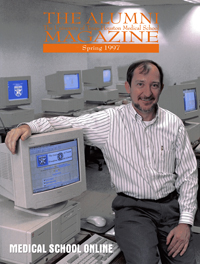
FEBRUARY – Positron Diagnostic and Research Center, later renamed Cyclotron, opens.
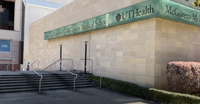
APRIL – Louis A. Faillace, MD, becomes acting dean.
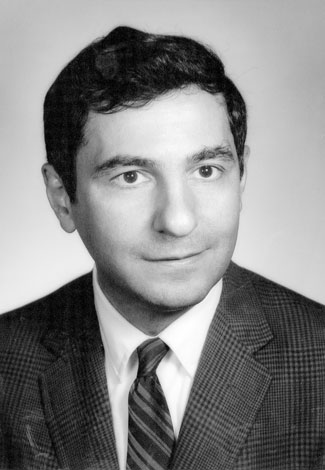
JULY – C. Frank Webber, MD, is named the fourth dean.
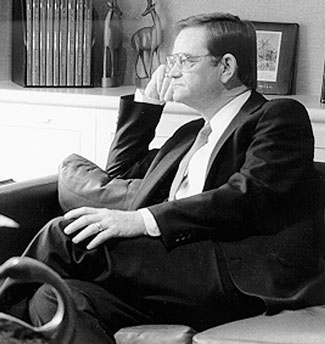
AUGUST – Texas Research Institute for Mental Sciences (TRIMS) becomes the UT Mental Sciences Institute (MSI).
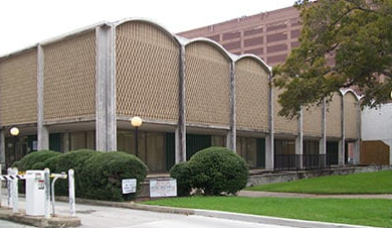
JANUARY – John C. Ribble, MD, becomes the fifth dean, having served as associate dean for academic affairs since 1978.
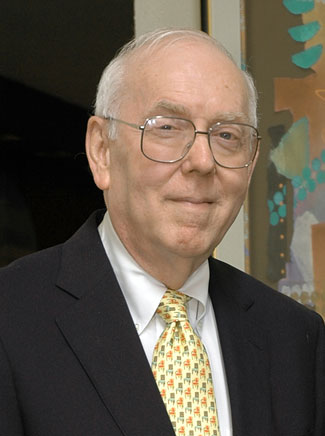
MARCH – Webber Plaza is dedicated in honor of the late Dean Frank Webber.
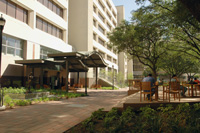
APRIL – The first group of students travel to China with Henry Strobel, PhD, as part of this ongoing senior program.

SEPTEMBER – John C. Ribble, MD, is named interim president of the UT Health Science Center by UT Chancellor Hans Mark to serve the dual role of president and dean.
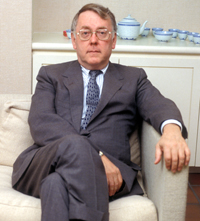
AUGUST – M. David Low, MD, PhD, is appointed the third president of the UT Health Science Center at Houston.
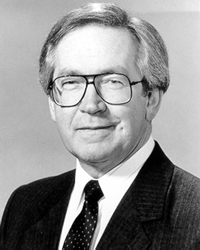
JANUARY – The affiliation between the UT Medical School and Harris County Hospital District (Lyndon B. Johnson General Hospital) is approved.
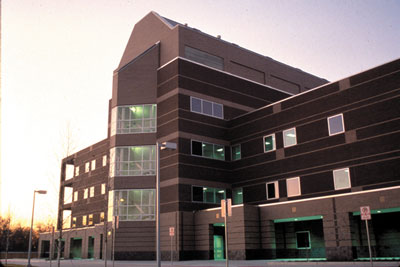
SEPTEMBER – Problem-based Learning (PBL) is incorporated into the second-year curriculum.

NOVEMBER – University Care Plus (UCP) is created as the management services organization for the school’s clinical practice. UCP is later renamed UT Physicians.
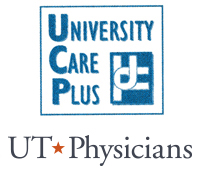
JULY – Cheves McCord Smythe, MD, is appointed dean pro tem.
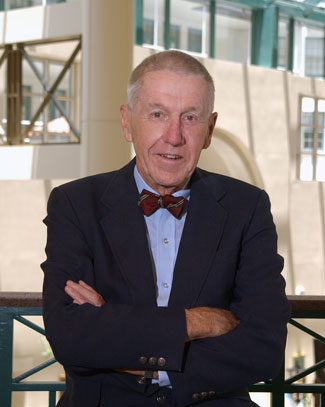
APRIL – L. Maximilian Buja, MD, is named the sixth dean of the UT Medical School.
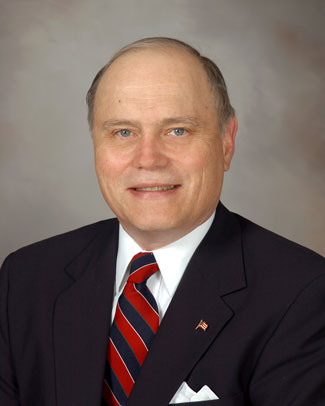
AUGUST – The annual White Coat Ceremony is introduced for new students.
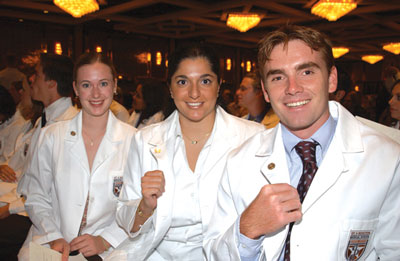
NOVEMBER – The merger of Hermann Hospital with Memorial Healthcare System is approved and named the Memorial Hermann Healthcare System.

DECEMBER – The Nobel Prize in Physiology or Medicine is awarded to the chair of the Department of Integrative Biology and Pharmacology, Ferid Murad, MD, PhD, for his research detailing the biological properties of nitric oxide.
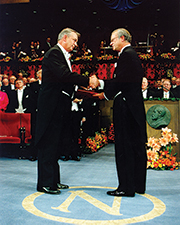
FEBRUARY – The UT System Board of Regents approves $50 million in Permanent University Funds to launch planning and fundraising for three new buildings, including a Medical School research building.

MARCH – James T. Willerson, MD, is named president of UT Health Science Center at Houston.
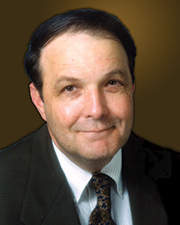
JUNE – Tropical Storm Allison unleashes 10 million gallons of rain runoff into the basement of the Medical School Building, causing an estimated $205 million in damages. Memorial Hermann Hospital is forced to close for the first time in 70 years.

JUNE – Stanley G. Schultz, MD, is named dean of the UT Medical School, having served as interim dean since June 2003.
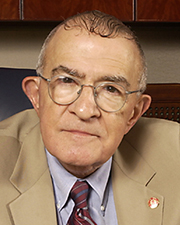
SEPTEMBER – After more than three years of construction following the devastation of Tropical Storm Allison, the ground floor of the UT Medical School reopens to student, faculty, and administrative functions.
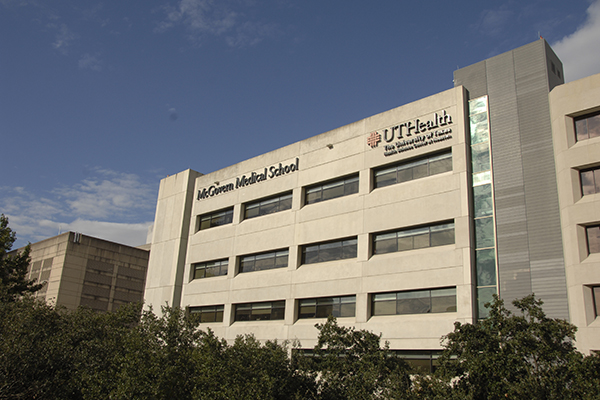
SEPTEMBER -UT Health Science Center at Houston purchases the Hermann Professional Building and renames it The University of Texas Health Science Center Professional Building.
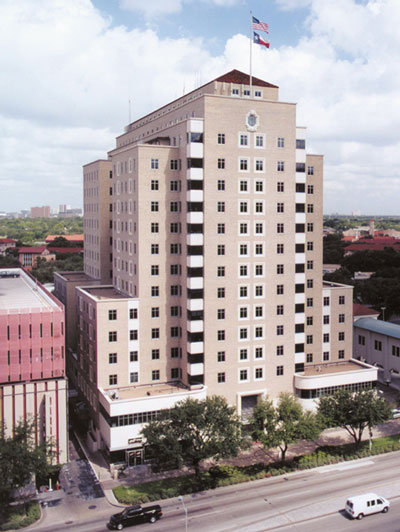
MARCH – Demolition of the John Freeman Building begins to make way for the six-story Replacement Research Facility.
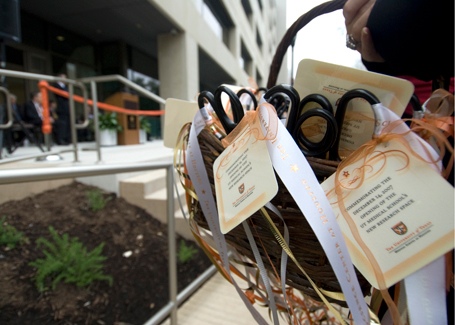
JUNE – Jerry S. Wolinsky, MD, is named interim dean of the UT Medical School.
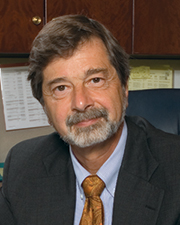
JULY – The Medical School’s curriculum is enhanced through the opening of the Surgical and Clinical Skills Center.
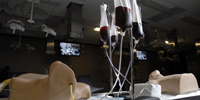
OCTOBER – The National Institutes of Health awards $36 million to establish the Center for Clinical and Translational Sciences.
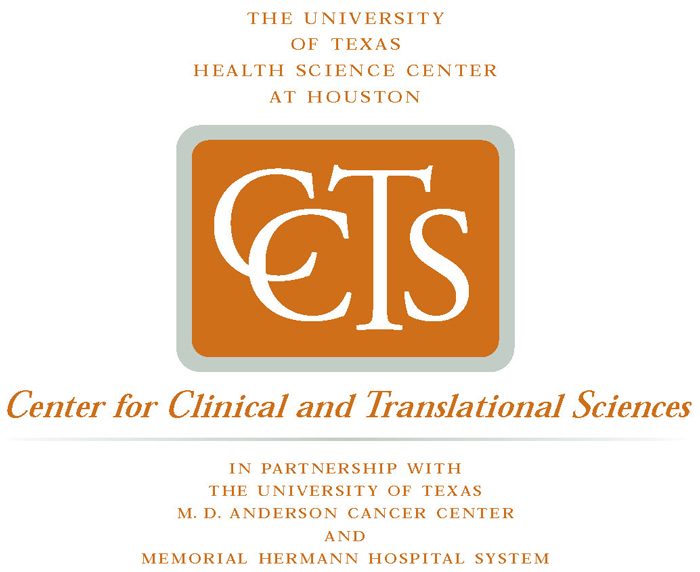
AUGUST – The UT Medical School welcomes its largest class, 230 students, to address national physician shortage concerns.

SEPTEMBER – Giuseppe N. Colasurdo, MD, is named dean of the UT Medical School.
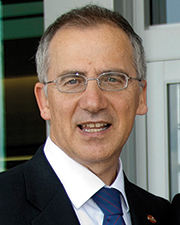
JANUARY – The Medical School Expansion Facility, home to four stories of laboratory research space and a two-story vivarium, opens.
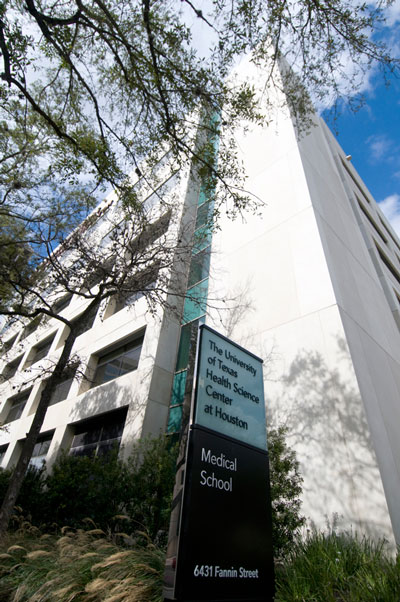
AUGUST – Larry R. Kaiser, MD, is named president of UT Health Science Center at Houston.
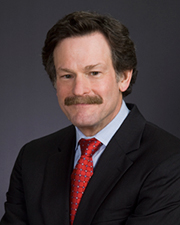
FEBRUARY – The UT System Board of Regents approves a dba for the UT Health Science Center at Houston, UTHealth.
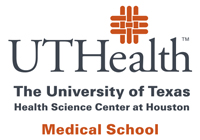
NOVEMBER – The Medical School marks its 40th anniversary of academic excellence with a school-wide celebration in Webber Plaza.
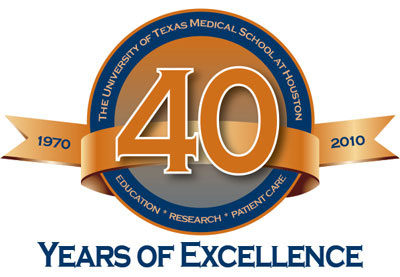
JANUARY – The Brown Foundation Institute of Molecular Medicine for the Prevention of Human Diseases joins UTHealth Medical School as a research institute.
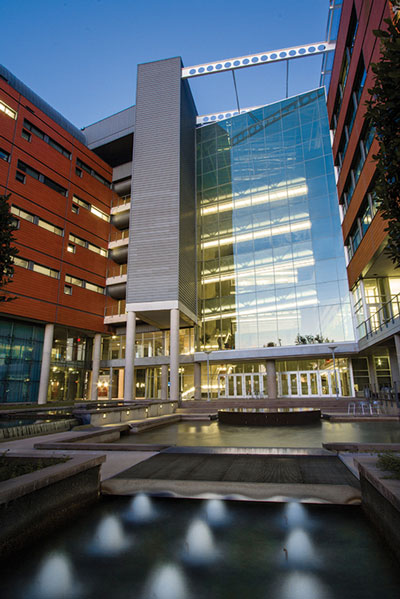
OCTOBER – Giuseppe N. Colasurdo, MD, is named president and the Alkek-Williams Distinguished Chair of UTHealth.
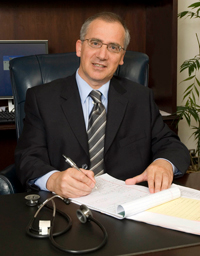
OCTOBER – Barbara J. Stoll, MD, is named dean of UTHealth Medical School.
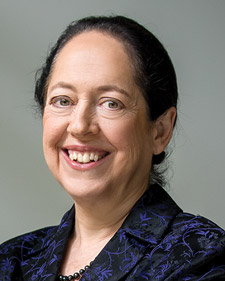
OCTOBER – A transformational gift from the McGovern Foundation renames school to John P. and Kathrine G. McGovern Medical School, placing a renewed emphasis on humanism, ethics, research, and scholarship.
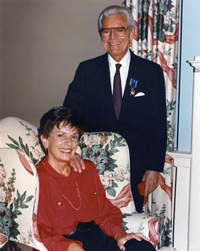
AUGUST – The Medical School introduces an extensive curriculum revision, integrating medical science with systems of care and introducing clinical experience in the first year.
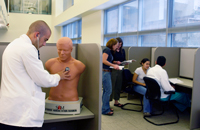
DECEMBER – The Medical School community celebrates the inaugural McGovern Day in recognition of the John P. McGovern Foundation’s transformational gift to UTHealth.
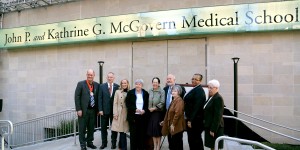
SEPTEMBER – Yearlong 50th Celebration kicks off.
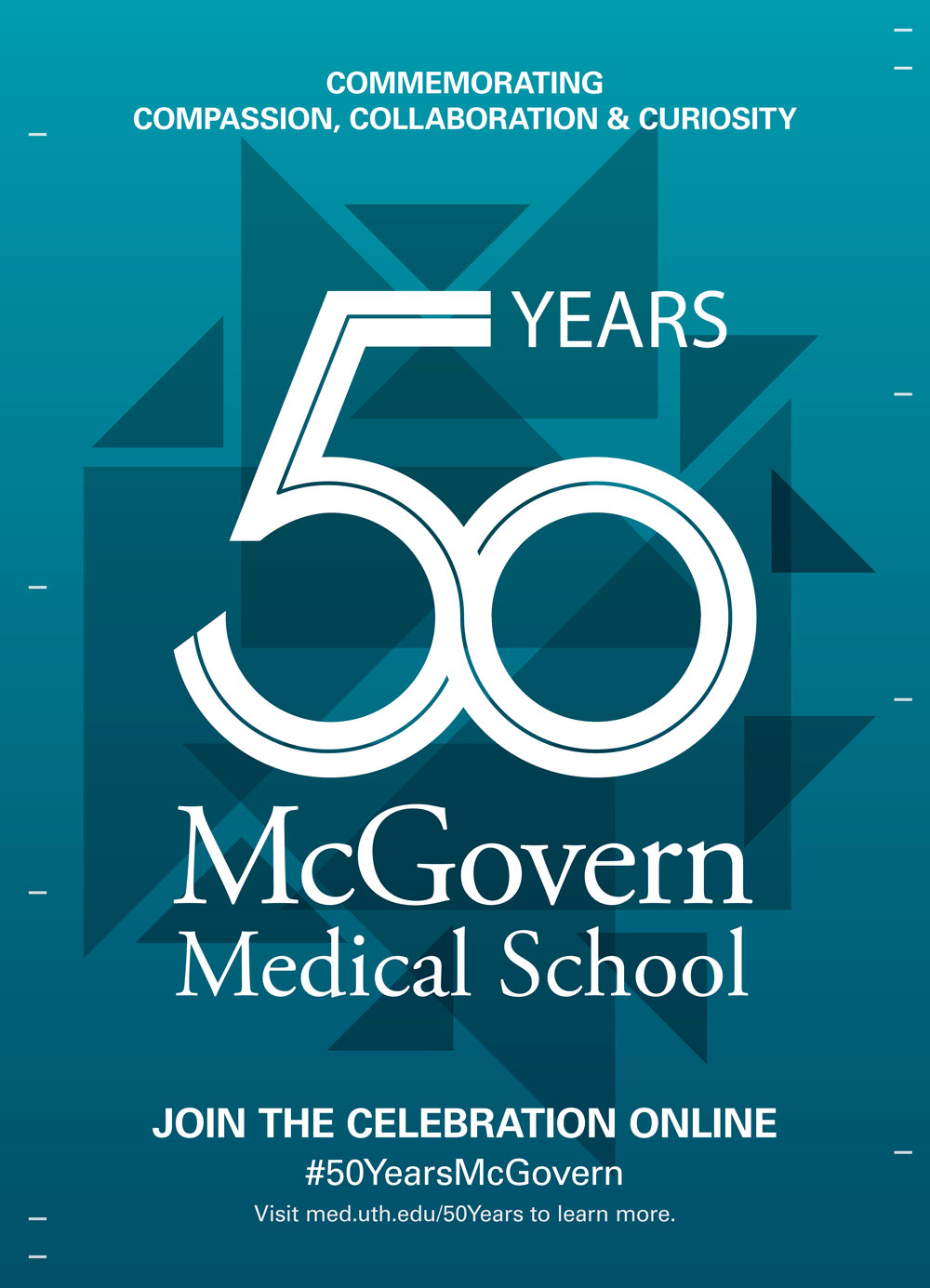
MARCH – As the result of the COVID-19 pandemic, the class of 2020 celebrated a virtual Match Day – the start of a shift to an online way of life.

JUNE – Richard Andrassy, MD, is named executive dean ad interim of McGovern Medical School.
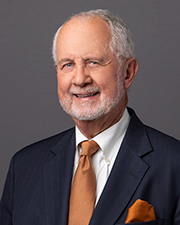
SEPTEMBER – John Hancock, MA, MB, BChir, PhD, ScD, is named executive dean of McGovern Medical School.
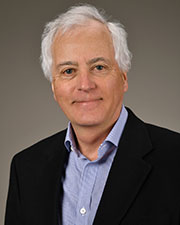
OCTOBER – The Texas Therapeutics Institute, part of McGovern’s Institute of Molecular Medicine, expands into the Texas Medical Center’s newly completed TMC3 Collaborative Building.
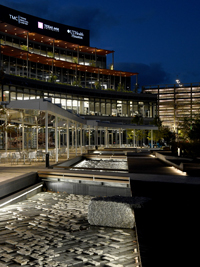
SEPTEMBER – Melina R. Kibbe, MD, is named president and Alkek-Williams Distinguished Chair of UTHealth Houston.
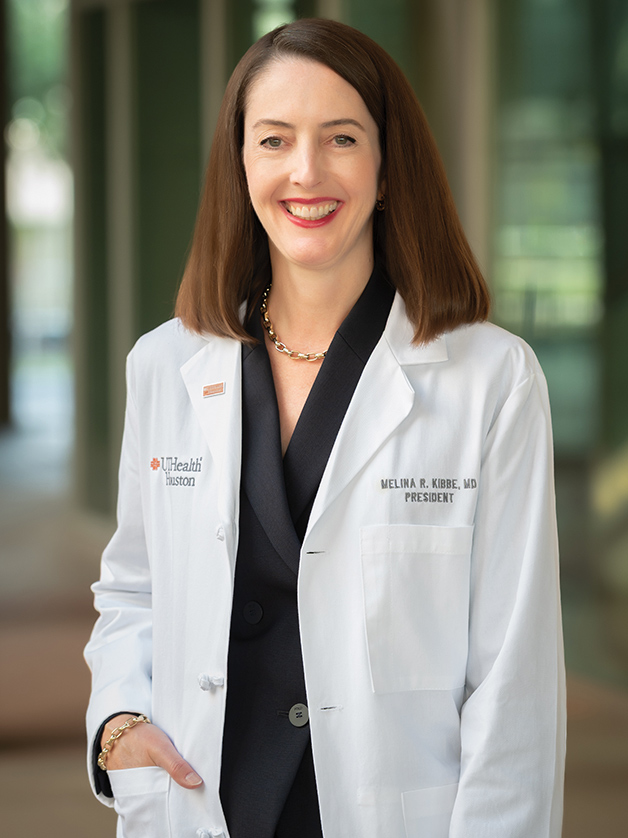
SEPTEMBER – LaTanya J. Love, MD, is named dean of McGovern Medical School.
